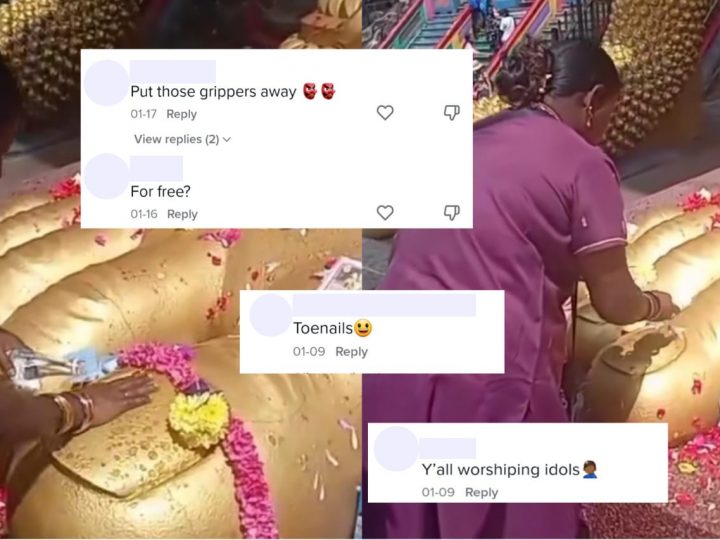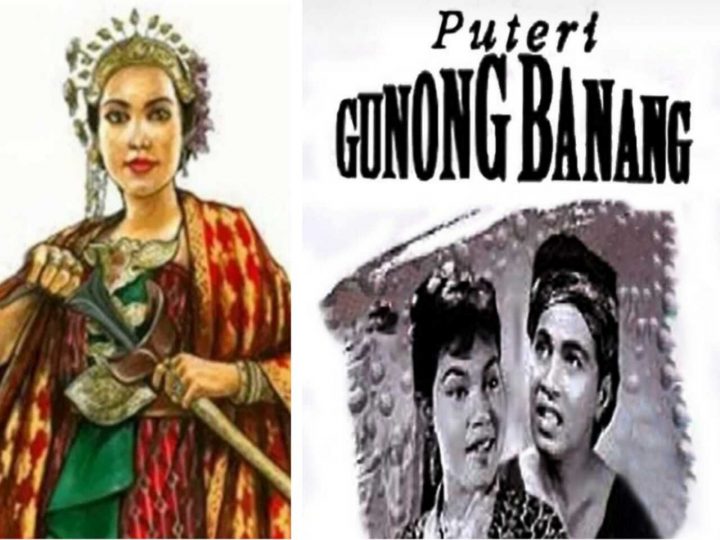The Significance Behind The ‘Superman Kavadi’ Which Suspends Devotees Above The Ground
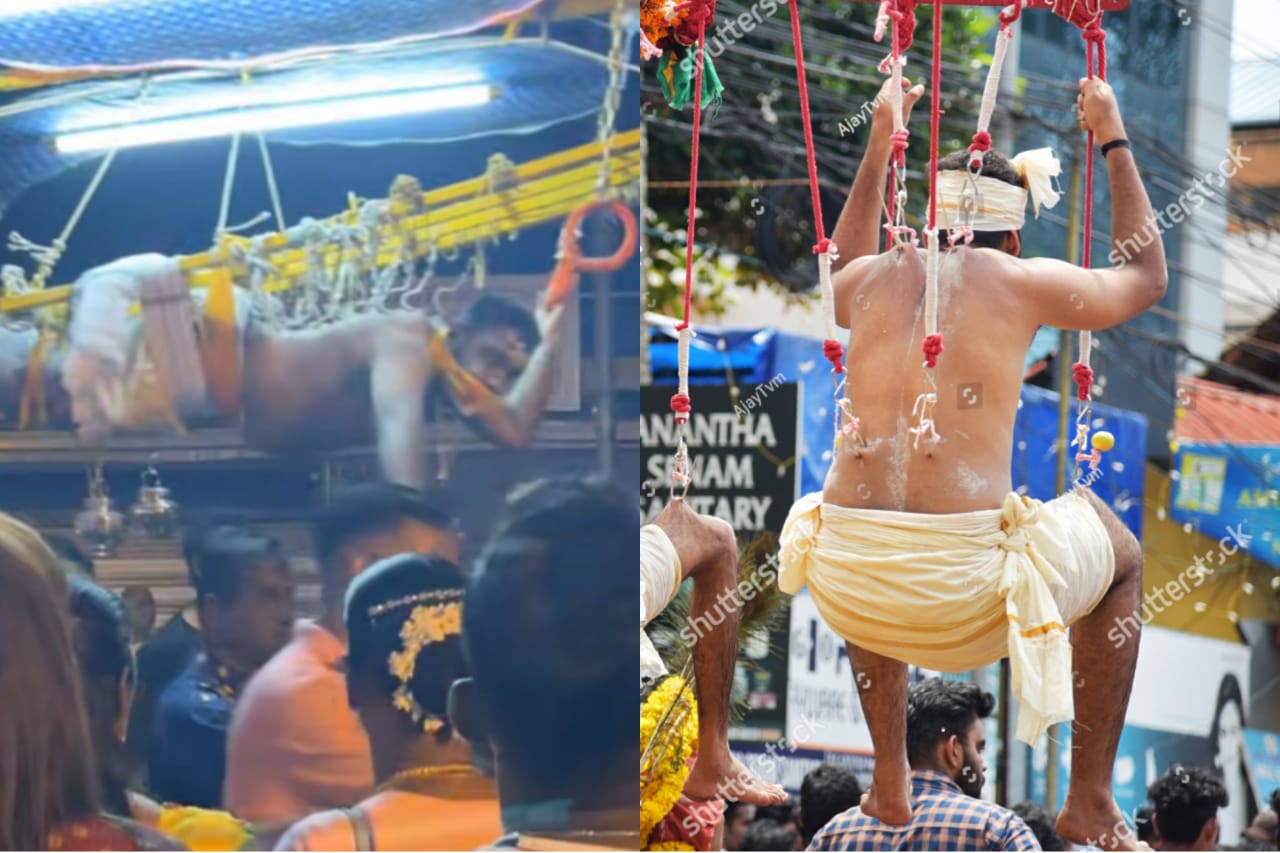 Thirsty for JUICE content? Quench your cravings on our Instagram, TikTok and WhatsApp
Thirsty for JUICE content? Quench your cravings on our Instagram, TikTok and WhatsApp
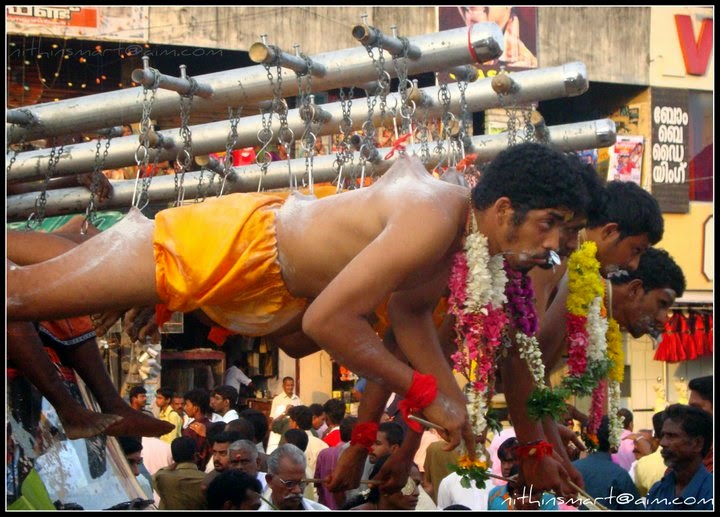
Year after year, the sight and significance of colourful kavadi chariots of multiple variations remain surreal in the eyes of the public. Many gather from all over the world just to marvel at devotees fulfilling vows, piercing their own skin and going into holy trances.
This year, one kavadi procession in particular gained mass attention online.
Netizens have christened it the ‘superman kavadi’ due to its concept which positions the individual in such a way that they are suspended in the air and appear to be flying, classic superhero style:
@_yasetak_chandru For some people who talking bad about this kavadi go read first what is parakum kavadi…cumma vaiku vanthe padi unnge ishtatukku pese kudathu! Vetri Vel Murugannuku Aarogara 🙏🏻#spthaipusam2023 #thaipusam2023 ♬ original sound – ʸᵃˢᵉᵗᵃᵏ 🐊❤️
The clip above was shot at the Sri Subramaniya Devasthanam located in Kuala Muda, Kedah.
While this chariot is rarely seen in Malaysia, some TikTok users have noted that they are a staple in South India, more specifically Kochi, Kerala and Tamil Nadu. Called the parakkum kavadi, (flying chariot), its purpose doesn’t differ from the usual chariots we see, and are also considered an honourable way to exhibit one’s humility and shoulder a physical burden before God.
Many have noted that this type of kavadi is among the oldest and most traditional kinds of chariots.
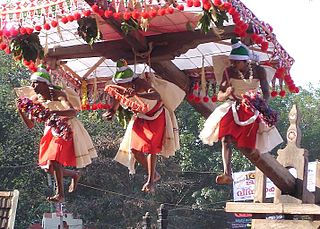
In other parts of Central Kerala, a similar practice called Garudan Thookkam (hanging eagle) is conducted as a form of ritual art in some Kali temples. Dancers clad in eagle-like costumes hang from shafts hooked into the skin on his back.
While intriguing, Indian citizens and authorities have called for the banning of these activities over the past two decades, deeming them “obsolete” and a form of self-torture.
In the words of Swami Bodananda Saraswati, “rituals and offerings which hurt one’s own self is not something God wants.”
As for how it feels, we can’t confirm if it truly is as painful as it looks nor compare it to the usual kavadi, but we’d love to hear from someone who’s experienced it.


 Get Audio+
Get Audio+ Hot FM
Hot FM Kool 101
Kool 101 Eight FM
Eight FM Fly FM
Fly FM Molek FM
Molek FM